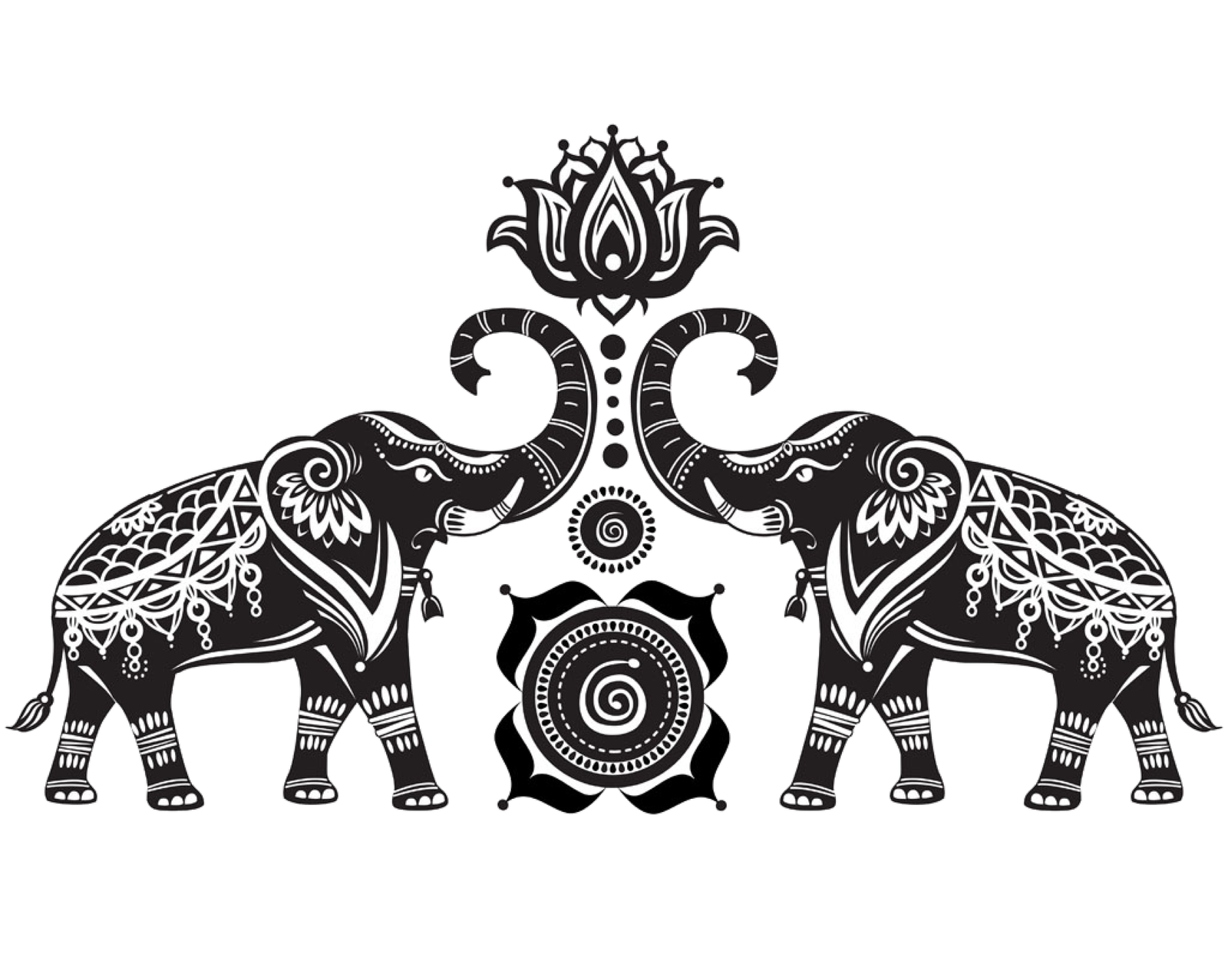Credit: Pixabay/CC0 Public Domain
The Anthropocene is a relatively recent term, coined to define an era in which human activity is increasingly directing environmental and biological change on Earth as happened in previous periods driven by natural events in pre-history; For example, during the Pleistocene. Technically, the present epoch is the Holocene, but human activity has changed the world so significantly that, with our usual species-centered approach, we have abandoned ego and the present epoch in a fit of habitual self-awareness. I have given it a new name.
Write In Interdisciplinary Environmental ReviewMitty Mallick of Bankura University in Purandarpur, West Bengal, India, discusses how the concept of the Anthropocene applies to the economic landscape as well. While the Anthropocene has brought major improvements in living conditions for wealthy countries, it is becoming clear that the challenges of climate change and environmental degradation are requiring these same countries to take more drastic measures in terms of maintaining and improving their own standards of living. Will demand. The majority who live in poverty.
At the center of any such discussion is the concept of capitalism. It is the major global economic power that organizes production, labor and distribution of wealth. Capitalism is driven by the principles of private ownership and the pursuit of profit. It has played a vital role in driving what we think of as economic growth, but it has also contributed to social inequality, environmental destruction, and a growing sense of disconnect between the economy and the ecological limits of the planet.
Capitalism functions in liberal market economies, which emphasize decentralized markets as well as state-coordinated models, where government plays a more prominent role.
The research argues that the consequences of capitalism have been difficult to ignore because, historically, maximizing profits has been at the long-term expense of environmental and social considerations. The rise of elite capitalism, which benefits a select few and sees multi-billionaires in powerful positions within society, and a focus on technological innovation, has worsened social and environmental harms.
In the context of the Anthropocene, this economic model is coming under increasing scrutiny. It seems that capitalism, as we know it, may be at a tipping point. Given that scholars, activists, and policy makers are beginning to challenge the notion that economic growth and ecological sustainability are inherently incompatible, there is a need for a new capitalism.
One that redefines value in terms that extend beyond profit margins. This reimagined model of capitalism could focus on the well-being of individuals, communities, and the environment. Investments will now be evaluated not just on their financial returns but also on their potential to reduce inequality and promote sustainable development.
This fantastically idyllic world may not be to everyone’s taste, especially for some of those multi-billionaires. While entrepreneurs, investors and policymakers are increasingly being called to act, there is neither the political will nor the motivation for egoistic oligarchs to imagine such a world. Plus a change, plus c’est la meme chose.
More information:
Mitty Mallick, How Capitalism Could Be the New Market in the Anthropocene Era: A Review, Interdisciplinary Environmental Review (2025). doi: 10.1504/ier.2025.143620
Citation: Rethinking capitalism: can it adapt to the demands of the Anthropocene? (2025, 22 January) Retrieved 22 January 2025 from https://phys.org/news/2025-01-rethinking-capitalism-anthropocene-demands.html
This document is subject to copyright. No part may be reproduced without written permission, except in any fair dealing for the purpose of private study or research. The content is provided for information purposes only.
(Tags to translate) science



